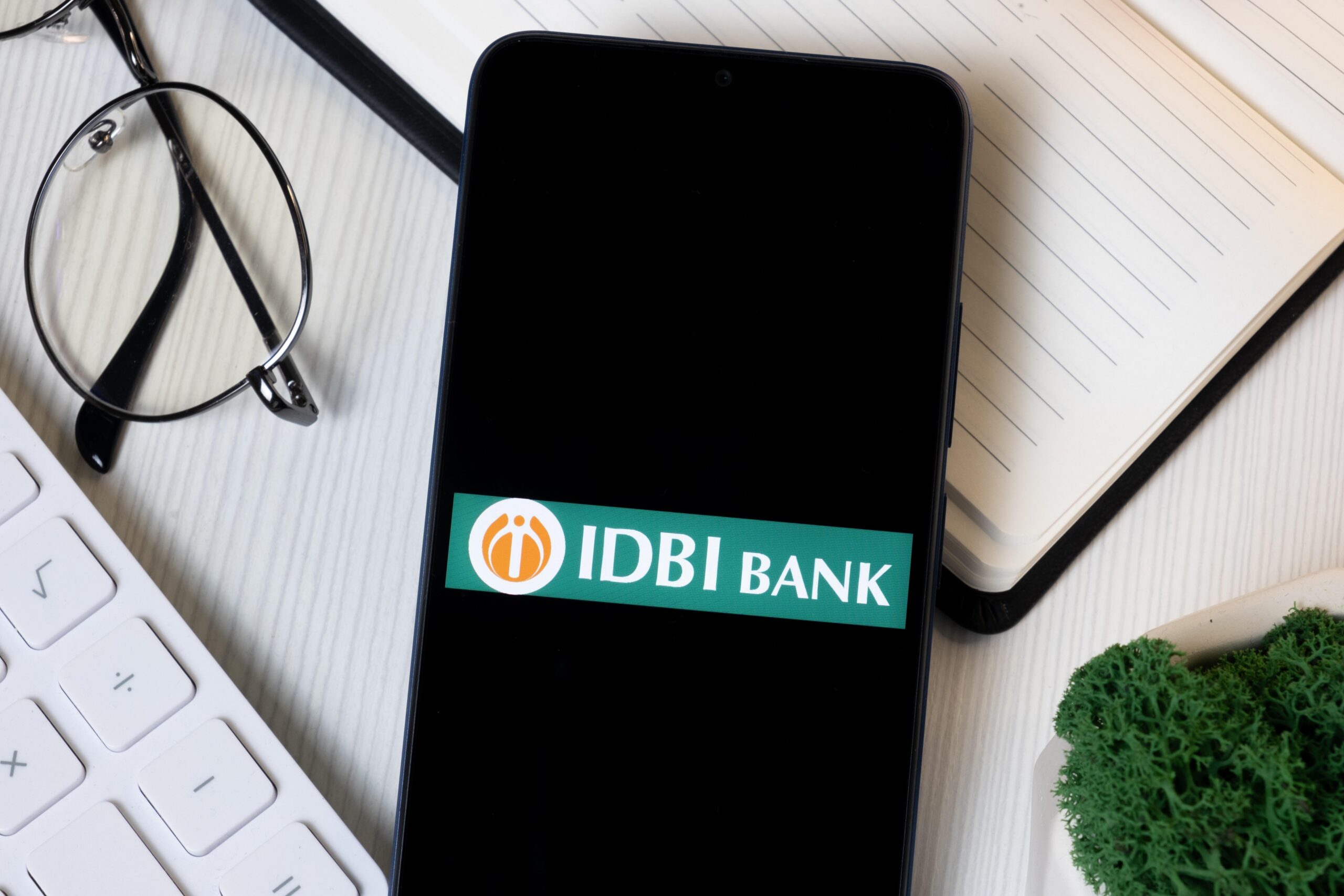The long-awaited strategic disinvestment of IDBI Bank appears to be nearing its final stages, with the government expecting the financial bidding process to conclude by October 2025. According to a senior government official familiar with the matter, the process is advancing rapidly and remains on track for timely completion.
“All things are progressing at a high pace, and the IDBI Bank sale will be completed by October 2025,” the official said, requesting anonymity.
Strategic Disinvestment in Final Stages
The disinvestment of IDBI Bank has been one of the key privatization initiatives under the government’s broader plan to reduce its stake in public sector undertakings (PSUs) and attract private sector investment into the banking industry.
To move the process forward, an inter-ministerial group (IMG) met on July 7, 2025, to deliberate on pending issues related to the strategic sale. Among the major topics discussed was the finalization of the Share Purchase Agreement (SPA) — a crucial document that outlines the terms and conditions of the sale and ensures transparency between the government, Life Insurance Corporation of India (LIC), and the prospective buyer.
The meeting was co-chaired by Arunish Chawla, Secretary of the Department of Investment and Public Asset Management (DIPAM), and M. Nagaraju, Secretary of the Department of Financial Services (DFS).
Background: The IDBI Bank Disinvestment Journey
The IDBI Bank sale process has been in motion since 2022, when the government and LIC — which together hold about 94.72% stake in the bank — announced plans to offload a 60.72% joint stake to a strategic buyer.
- The Government of India currently holds 45.48%, while LIC owns 49.24% of the bank.
- Once the transaction is complete, the acquirer will gain management control over IDBI Bank.
This marks a major step in India’s banking reform agenda, aimed at increasing private participation, improving efficiency, and reducing the fiscal burden on the government.
High Investor Interest and Valuation Challenges
Since the expression of interest (EoI) phase, the IDBI Bank sale has drawn attention from both domestic and foreign investors, including global private equity firms and large banking entities.
However, officials have noted that the valuation and regulatory clearance process have been complex due to the bank’s unique ownership structure — involving both the government and LIC — as well as the need to comply with Reserve Bank of India (RBI) norms for private sector ownership.
Despite these challenges, the progress made in recent months has raised optimism within the government. “The due diligence and regulatory discussions have advanced well. With the share purchase agreement being finalized, we are moving closer to the financial bidding round,” an official source said.
Role of DIPAM and DFS in the Sale Process
The Department of Investment and Public Asset Management (DIPAM) has been the nodal agency overseeing the disinvestment, working in coordination with the Department of Financial Services (DFS) to ensure that the transition is smooth and meets regulatory standards.
The inter-ministerial group’s involvement underscores the government’s commitment to completing the transaction efficiently while safeguarding public interest and maximizing returns.
DIPAM Secretary Arunish Chawla and DFS Secretary M. Nagaraju are leading the coordination efforts to resolve the remaining procedural and contractual issues before inviting final bids.
Timeline and Expected Outcome
With most due diligence and documentation nearing completion, the financial bidding round is expected to close by October 2025. Post-bidding, the government will evaluate the offers and proceed with the necessary approvals from regulatory bodies such as the RBI and the Competition Commission of India (CCI).
Once finalized, the transaction will transfer management control to the successful bidder, effectively marking India’s first significant privatization of a public sector bank in over two decades.
Significance for India’s Banking Sector
The sale of IDBI Bank is expected to serve as a landmark transaction in India’s banking reform narrative. It demonstrates the government’s intent to bring in private efficiency, stronger governance, and capital infusion into the public banking space.
Analysts believe that the privatization will:
- Strengthen competition in the financial services sector.
- Enhance credit delivery through better management practices.
- Help the government unlock capital tied in non-core assets.
- Set a precedent for future privatization of other state-owned banks.
Looking Ahead
If completed as planned, the IDBI Bank transaction could pave the way for further banking sector reforms and additional strategic divestments. It also aligns with the government’s broader fiscal consolidation goals, ensuring more efficient deployment of public funds.
The coming months will be crucial as the government and LIC finalize the last steps of the sale, leading up to the financial bidding and eventual transfer of ownership by October 2025.










